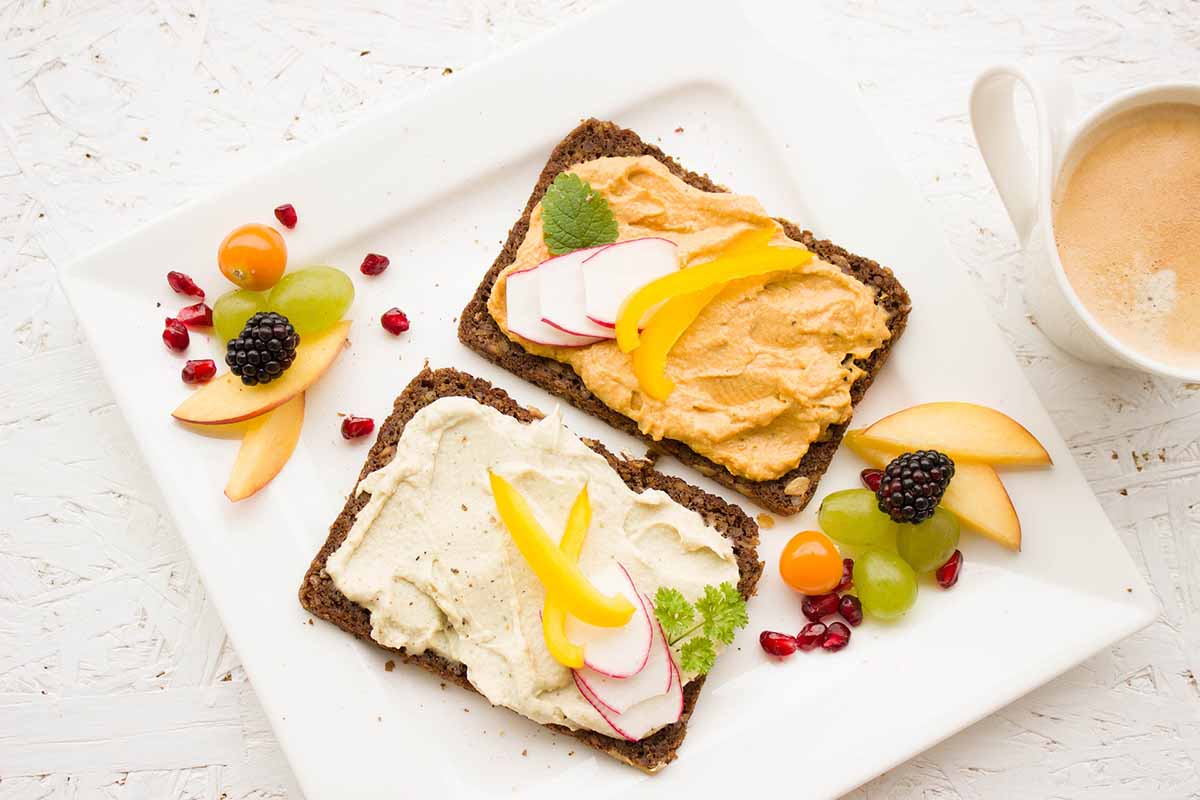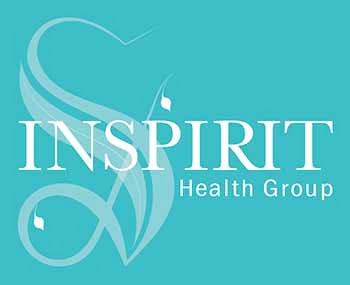As the saying goes, “you are what you eat”. This statement is more than just a phrase; it’s a scientific fact. The food you consume has a direct impact on your overall well-being, affecting not just your physical health but also your mental health. Eating a nutritious diet is crucial for maintaining a healthy body, mind, and spirit. In this blog post, we will delve deeper into the link between a healthy diet and your overall well-being.
Understanding the Benefits of a Nutritious Diet
Eating a healthy and balanced diet can bring about numerous benefits, including weight management, improved energy levels, better sleep, and reduced risk of chronic diseases. When you consume a diet that is high in nutrients, such as vitamins, minerals, and antioxidants, your body has the fuel it needs to function optimally. A well-balanced diet can help you maintain a healthy weight, which is essential for reducing the risk of various health problems, such as heart disease, diabetes, and stroke. Additionally, a healthy diet can help you feel more energized and alert, enabling you to perform better in your daily activities.
How a Healthy Diet Can Boost Your Physical and Mental Health
A healthy diet can have a significant impact on your mental health as well. Several studies have linked poor dietary habits to an increased risk of depression and anxiety. A diet that is high in processed foods and refined sugars can cause inflammation in the body, which has been linked to mood disorders. In contrast, a diet that is rich in fruits, vegetables, whole grains, and lean protein can help reduce inflammation and boost mood. Eating a healthy diet can also improve cognitive function, memory, and concentration.
Tips for Incorporating Healthy Eating Habits into Your Lifestyle
Incorporating healthy eating habits into your lifestyle can be challenging, but it’s essential for achieving optimal health. Here are some tips to help you get started:
- Start small; instead of making drastic changes to your diet, start by making small changes, such as swapping processed snacks for fresh fruits and vegetables.
- Plan ahead; plan your meals and snacks ahead of time to ensure you have healthy options available throughout the day.
- Drink plenty of water; drinking water throughout the day can help you stay hydrated and reduce cravings for unhealthy snacks.
- Choose whole foods; opt for whole foods, such as fruits, vegetables, whole grains, and lean protein, instead of processed foods that are high in sugar and unhealthy fats.
If you’re struggling to maintain a healthy diet or have specific dietary needs, working with a registered dietitian can help. At Inspirit Health Group, our registered dietitians specialize in providing customized nutrition plans to help you achieve your health and wellness goals.


